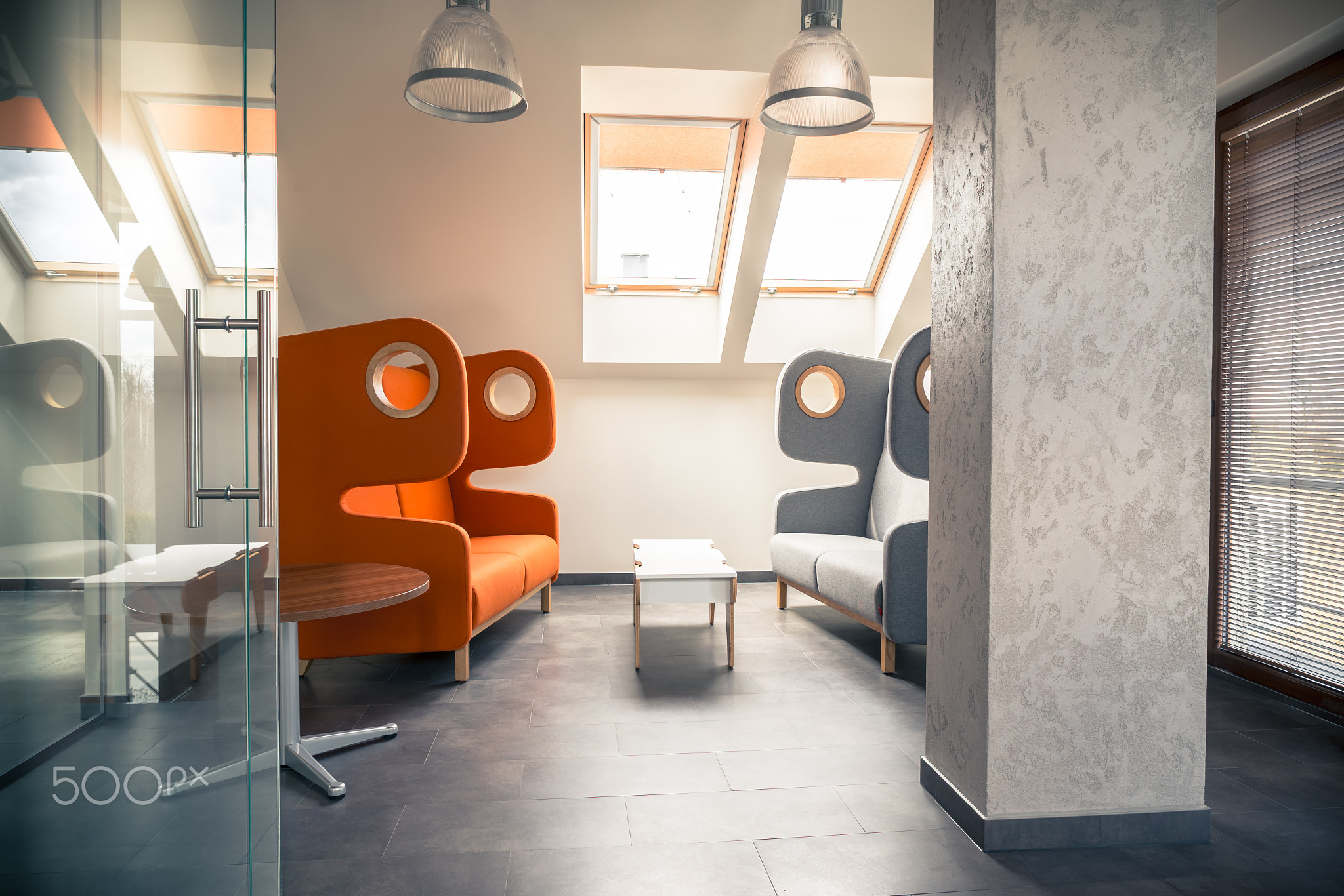Workplace furniture plays a vital role in any workspace, providing not only functional support but also contributing to the overall aesthetics, comfort, and productivity of employees. From tables and seating to filing cabinets and conference tables, choosing simply click the next web page right office furniture can have a significant impact on both employee well-being and the efficiency of daily operations.
Workstations like desks are central to employees’ daily tasks. Whether in an open-plan office or individual cubicles, how desks are designed and function affects output. Standing desks with adjustable heights are increasingly popular, as they offer flexibility, allowing employees to switch between sitting and standing, which can improve focus and reduce fatigue. L-shaped desks or corner desks offer additional surface area, ideal for those handling multiple monitors or needing room for documents and office supplies.
A vital piece of office furniture is the chair. Chairs with ergonomic design are crucial for preventing discomfort and long-term health issues, like neck strain and back issues. Adjustable height, lumbar support, and breathable materials are important for maintaining comfort during extended periods of sitting. For managers, executive chairs provide more padding and extra features, while standard task chairs are suited for everyday use.

Workplace furniture isnt limited to personal desks. Collaboration spaces, meeting tables, and boardroom chairs are essential for encouraging team interaction and discussion. Selecting modern, comfortable, and spacious furniture for meetings creates a professional yet warm meeting space, promoting engagement and innovative thinking during discussions.
The design and style of furniture in the office can mirror a companys brand and ethos. Contemporary and sleek furniture suggests a modern touch, while classic wood-based designs communicate reliability and professionalism. Moreover, color schemes and material choices can impact mood and productivity, with lighter tones promoting calmness and darker colors giving a sense of authority.
Office furnishings are not just practical tools; it is essential to creating comfort, efficiency, and productivity. Opting for ergonomic, versatile, and aesthetically pleasing furniture can greatly improve the office atmosphere, leading to a more satisfied and productive workforce.

